COLD COPY (2023)
An ambitious journalism student falls under the thrall of an esteemed yet cutthroat news reporter whom she's desperate to impress, even if it means manipulating her latest story...
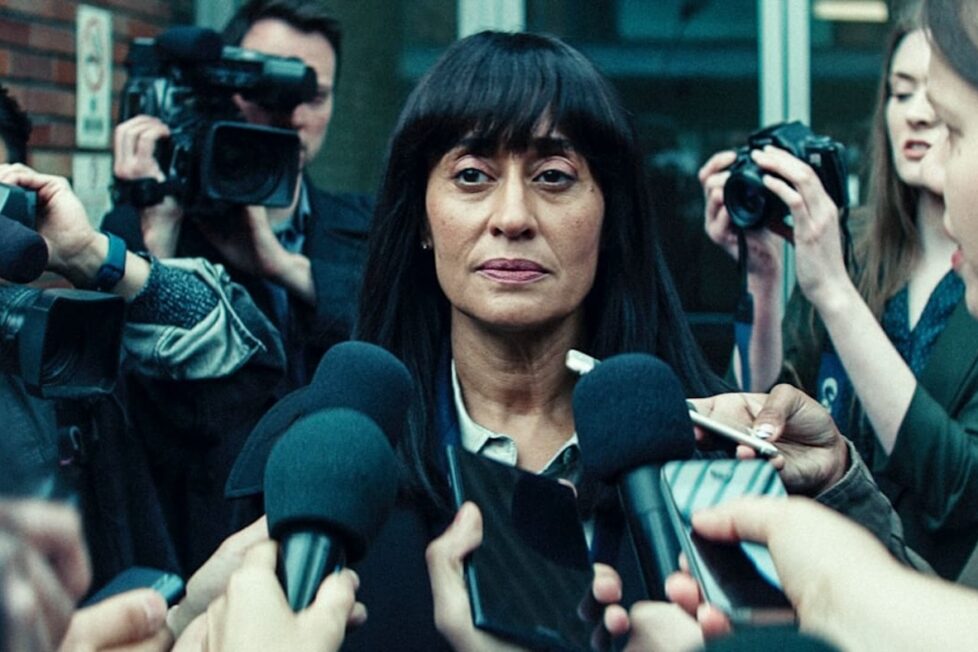
An ambitious journalism student falls under the thrall of an esteemed yet cutthroat news reporter whom she's desperate to impress, even if it means manipulating her latest story...


Cold Copy attempts to breathe new life into the journalist thriller genre. Despite its noble ambitions, however, it struggles to elevate itself above the competition, merely outlining the profession’s essence without injecting any unique elements. While offering fleeting glimpses into the art of crafting narratives, it also explores themes of innocence, manipulation, betrayal, and the ethical compromises inherent in media-filtered truth.
The film follows Mia Scott (Bel Powley), an ambitious journalism graduate eager to impress her esteemed yet ruthless mentor, Diane Heger (Tracee Ellis Ross). Mia’s attire consists of baggy blue jumpers and dark coats, and she isn’t above sabotaging her friends or swearing during interviews. This contradictory nature, coupled with a perceived lack of depth behind her passion, makes Mia a complex character brought to life by Powley’s nuanced performance. She is both quiet and ambitious, ineloquent yet spirited, embodying the paradox of someone seemingly easily manipulated. This vulnerability makes her the perfect target for Diane’s molding and manipulative tactics, as Diane seeks to transform Mia into her own image.
“You are not there to get emotionally involved or to make friends. You’re there to do whatever it takes to get the truth,” Diane tells a fervent group of journalism students, lecturing them on the platitudes of ethics. “I want an actual story.”
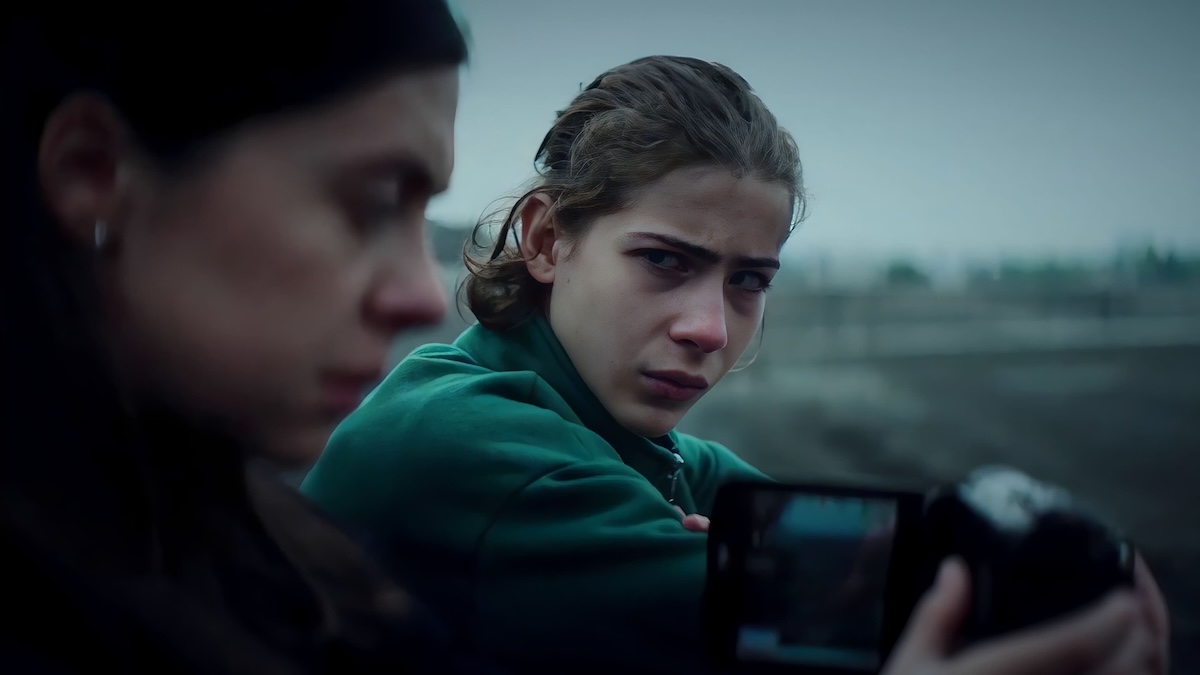
As a respected and experienced reporter, Diane appears to know how to play each of her students. She promotes some to higher positions to observe their failures. She punishes others to raise their journalistic standards, although she’s aware that their talents may never reach their full potential.
When Mia’s roommate, Kim (Nester Cooper), brags about her ability to secure interviews with high-profile figures like the senator, who all ghost Mia, Mia is driven to seek out a new story to present to Diane. We see her character not changing much from the novice would-be reporter presented at the beginning of the film, but we suspect this is the push she needs to shed her moral compass.
Inevitably, this leads her to meet 15-year-old Igor Nowak (Jacob Tremblay), whose mother was a famous children’s author. During a blind date in the park, Mia encounters a tense situation with an aggressive suitor. Unexpectedly, Igor comes to her rescue, sparking a fast friendship between the two.
As class competition intensifies, and Diane encourages and promotes students like Kim to higher positions, Mia targets Igor in an attempt to exploit his story. As a young boy dealing with his mother’s suicide, he seems like the perfect subject, and she uses their friendship to manipulate the truth. She invites him over to her apartment, stalks him, secretly films him, and breaks into his house when no one’s at home. We see her cross one too many lines and learn how she’s driven more by jealousy and personal ambition than by a dedication to the truth. This quiet thriller isn’t just about the moral integrity of a young journalist, but it also explores the lengths people will go to manipulate the truth and edit it for mass consumption.
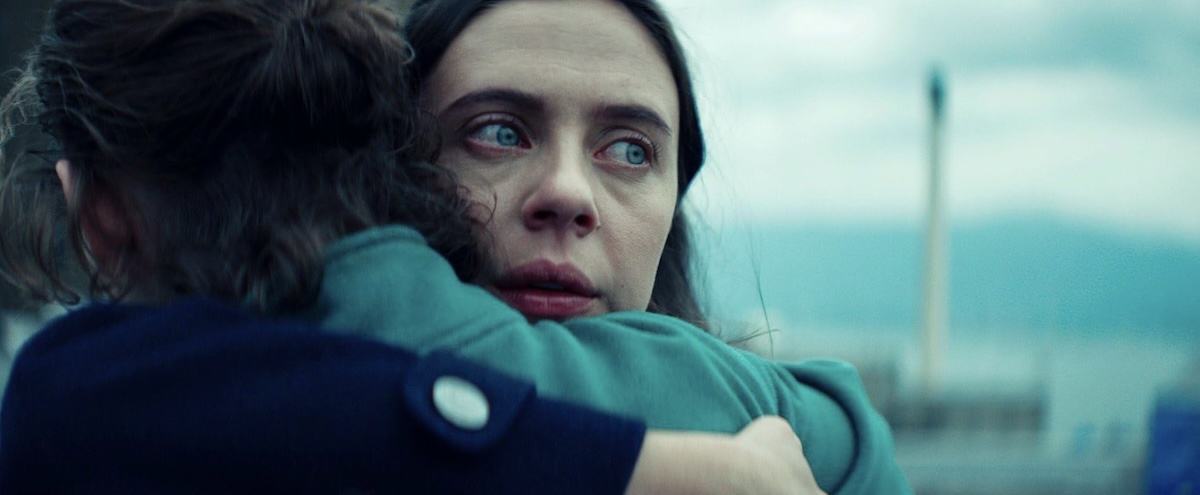
As Mia shifts from the awkward novice to the callous journalist, we begin to understand the film’s core messages about the cold world of journalism. Although a fitting message for the film’s aesthetics, we may be expecting more in comparison to the other similar films out there.
For instance, some aspects resemble Dan Gilroy’s Nightcrawler (2014), starring Jake Gyllenhaal, which stood out due to its unconventional portrayal of an anti-villain and its unflinching commitment to the subject matter. That film followed a conman, Lou Bloom (Gyllenhaal), determined to worm his way into the world of crime journalism. We gained deeper insight into his motives, no matter how dark and sadistic they were, whereas Mia’s anti-heroic behaviour in Cold Copy is primarily driven by jealousy and childish tantrums. Similarly, the psychological drama series Swimming with Sharks (2022), based on the 1994 film, features a young female protagonist struggling to navigate the cutthroat world of Hollywood, manipulating those around her while trying to impress her female mentor. Although both Swimming with Sharks and Cold Copy fall short of breaking new ground in the genre, the latter remains valuable, and viewers may still find something worthwhile in the experience.
The film benefits from its cool colour palettes. In particular, blue hues effectively convey the coldness of Mia’s world, while Diane’s signature red scarves and suits create obvious yet useful contrasts as the two women clash. It’s also refreshing to see female villains in the genre, especially considering their apparent scarcity in recent years. Cinematographer Matteo Cocco employs a balance of quick transitions with steady and unsteady camera shots, allowing us a glimpse into Mia’s distorted worldview as she navigates the boundary between truth and lies.
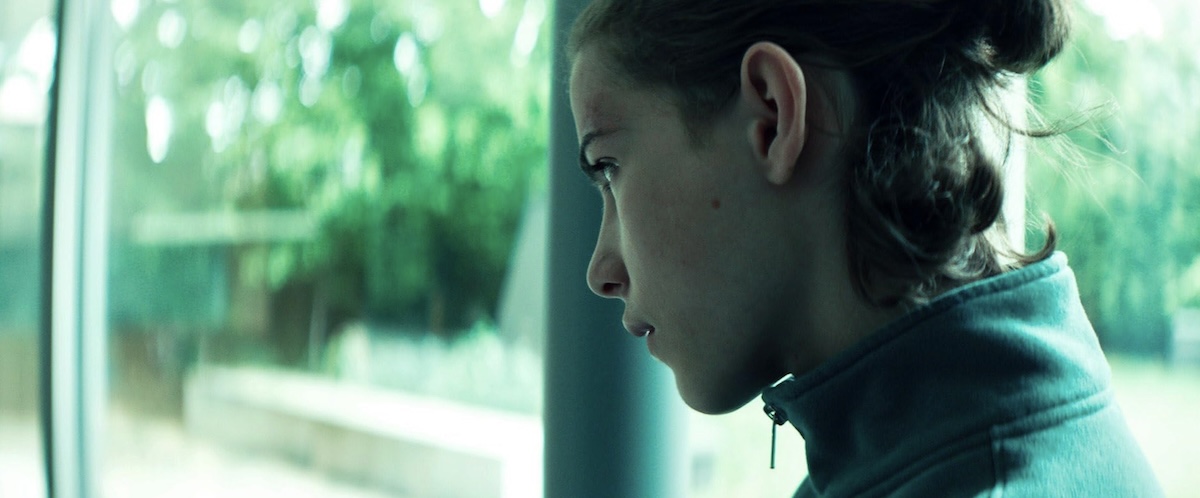
Although Roxine Helberg’s screenplay suffers from a few inconsistencies, it’s the talented cast that keeps the film afloat. Bel Powley fits into Mia like a glove, while Tracee Ellis Ross adequately portrays the domineering mentor. However, Diane doesn’t seem to rise above the manipulative boss archetype who betrays anyone first and then justifies her actions later. While we may sympathise with these women to some extent, we never truly develop a deep connection with them. Instead, we find ourselves wishing to see more from the hard-working roommate Kim and the 15-year-old Igor, as they represent bold productivity and ethical responsibility, qualities that others ignore for personal gain.
This character-driven story delves into two key themes beneath the surface. Firstly, it serves as a commentary on how our media-centric culture thrives on manipulated narratives, sacrificing truth in the process. Secondly, it’s a parable about two women locked in a struggle for success, even at the cost of lives, leaving their moral compasses shattered in the wake. This focus aligns with the story’s subject matter and clarifies its intentions. However, some viewers might question whether these themes have become tiresome or if reminders about our narrative-driven society are truly necessary anymore. Despite this potential criticism, the story’s provocative nature remains impactful, even if it strikes some as overly familiar.
USA | 2023 | 96 MINUTES | COLOUR | ENGLISH

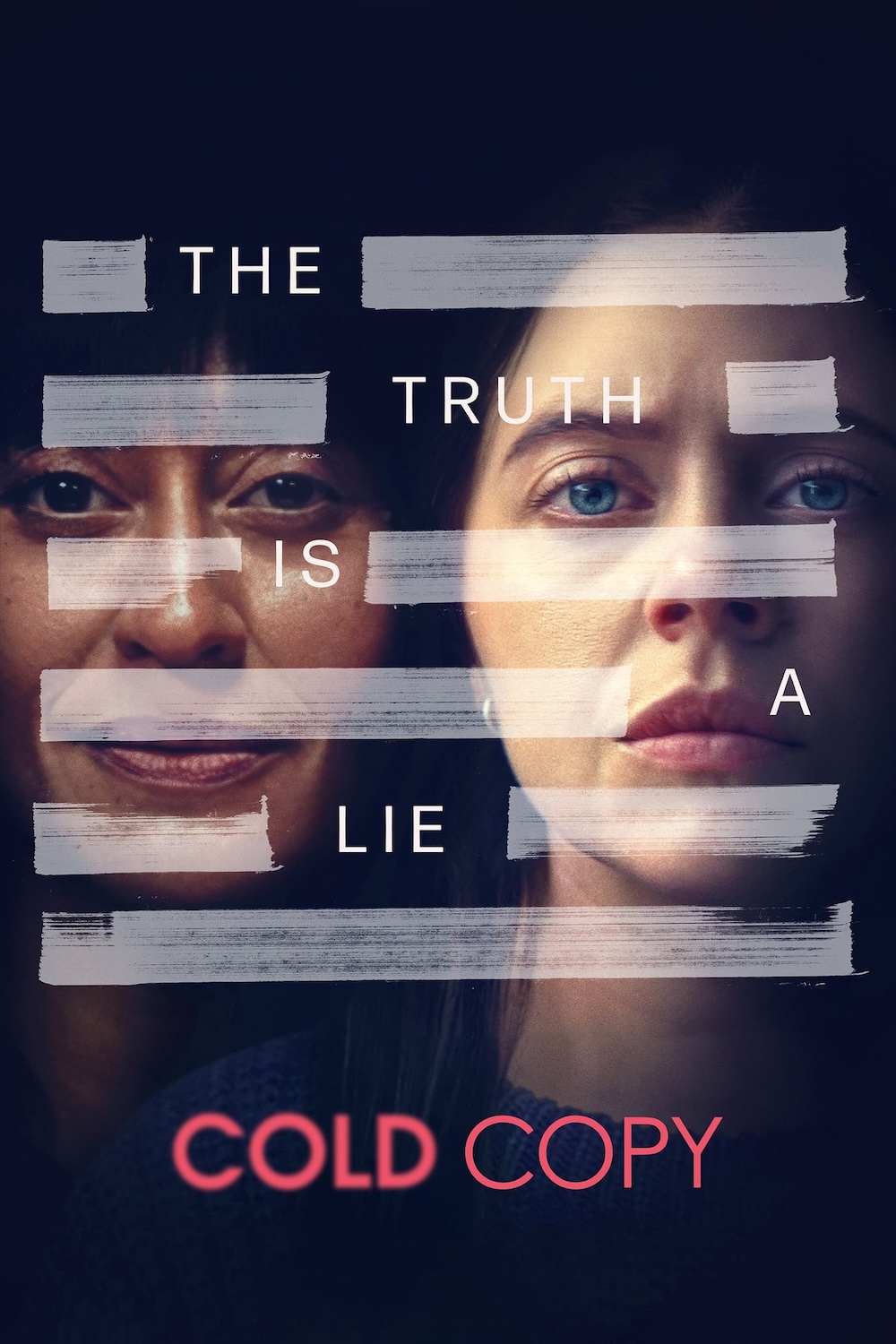
writer & director: Roxine Helberg.
starring: Bel Powley, Tracee Ellis Ross, Jacob Tremblay, James Tuppet, Ekaterina Baker & Nesta Cooper.
